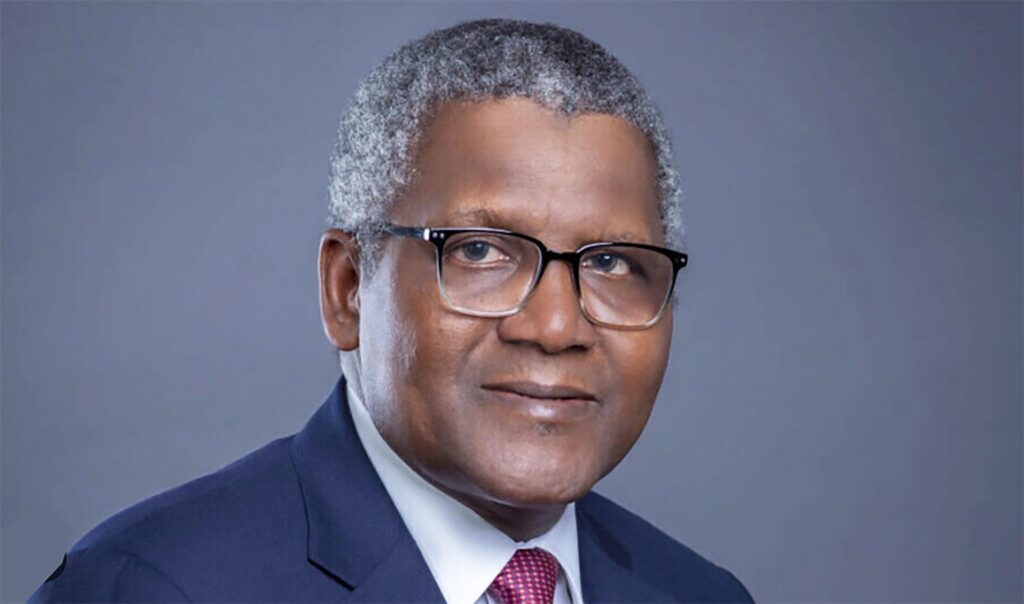Dangote refinery boosts capacity to 700,000 barrels per day amid expansion efforts

The Dangote Group has confirmed a significant increase in the production capacity of its Lagos-based refinery, now reaching 700,000 barrels per day (bpd), up from an initial 650,000 bpd.
This enhancement marks a major step forward for Nigeria’s energy independence agenda and comes as the facility nears the final stages of an extensive upgrade.
Speaking during an inspection tour on Monday, the company’s President, Alhaji Aliko Dangote, disclosed that the expansion works are expected to conclude by the fourth quarter of 2025.
He explained that although the refinery is not yet operating at full capacity due to ongoing technical adjustments, its output is steadily rising.
“We are not yet at 100% because of the modifications in progress, but the entire project should be completed by the end of the year. We are targeting 700,000 barrels per day, possibly even 750,000, as all our other components are already running at full capacity – some even exceeding 145%,” Dangote stated.
According to Punch newspaper, the refinery’s Residual Fluid Catalytic Cracking (RFCC) unit — which is crucial for converting heavy oil residues into refined products like petrol, diesel, and liquefied petroleum gas — is currently functioning at 85% of its designed capacity.
In terms of crude sourcing, Dangote revealed that the facility has procured 19 million barrels of American crude between June and July 2025, with the United States now accounting for over half of the refinery’s feedstock.
“This month alone, we acquired 10 million barrels from the United States. At present, around 55% of our crude supply is sourced from there,” he added.
Reflecting on the origins of the megaproject, Dangote emphasized his long-standing vision to fortify Nigeria and Africa’s energy self-sufficiency.
He recalled that his initial efforts to purchase public refineries were thwarted in 2007 under former President Umar Yar’adua’s administration, a setback that later fueled his decision to construct the state-of-the-art facility from scratch.
The refinery, one of the largest in the world, is seen as a game changer for Nigeria’s oil sector, potentially reducing the country’s reliance on imported fuel and creating a ripple effect across the continent’s refining landscape.
About The Author
dailymailafric
I am an avid African news observer, and an active member of Daily Mail Africa.
I’m Passionate about staying informed on diverse topics across the continent,
I actively contribute to publishing on political, economic and cultural developments in Africa.



